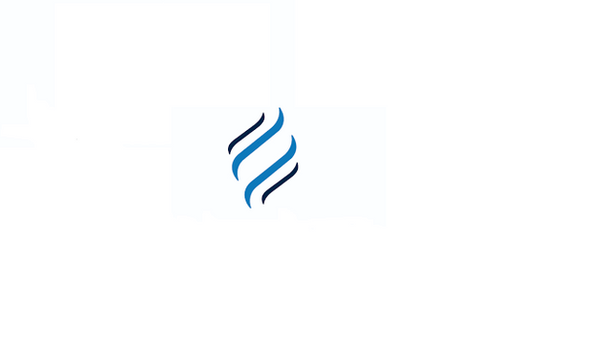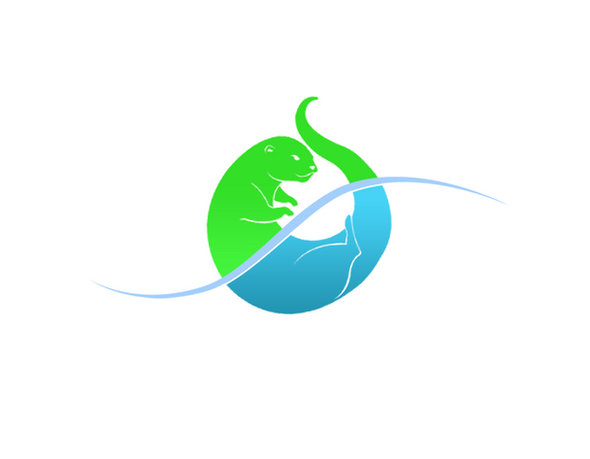Description
Recombinant Human ISG15/G1P2 Protein | PKSH030786 | Gentaur US, UK & Europe Disrtribition
Synonyms: Ubiquitin-Like Protein ISG15; Interferon-Induced 15 kDa Protein; Interferon-Induced 17 kDa Protein; IP17; Ubiquitin Cross-Reactive Protein; hUCRP; ISG15; G1P2; UCRP
Active Protein: N/A
Activity: A DNA sequence encoding the Pro form of human ISG15 (AAH09507.1) (Met 1-Ser 165) was expressed and purified
Protein Construction: A DNA sequence encoding the Pro form of human ISG15 (AAH09507.1) (Met 1-Ser 165) was expressed and purified
Fusion Tag:
Species: Human
Expressed Host: E.coli
Shipping: This product is provided as lyophilized powder which is shipped with ice packs.
Purity: > 97 % as determined by reducing SDS-PAGE.
Endotoxin: Please contact us for more information.
Stability and Storage: Generally, lyophilized proteins are stable for up to 12 months when stored at -20 to -80℃. Reconstituted protein solution can be stored at 4-8℃ for 2-7 days. Aliquots of reconstituted samples are stable at < -20℃ for 3 months.
Molecular Mass: 17.9 kDa
Formulation: Lyophilized from sterile 50mM Tris, pH 8.0
Reconstitution: Please refer to the printed manual for detailed information.
Background: Interferon-induced 17 kDa protein (ISG15), a 15-kDa protein of unique primary amino acid sequence, functions intracellularly as an ubiquitin homologue and a cytokine that induces production of IFN-gamma and augments NK / lymphokine-activated killer cell proliferation and function. ISG15 is secreted from monocytes and lymphocytes. ISG15 is an ubiquitin-like molecule that is strongly upregulated by type I interferons as a primary response to diverse microbial and cellular stress stimuli. Alterations in the ISG15 signalling pathway have also been found in several human tumour entities. In addition to being stimulated by type I interferon, expression of ISG15 is greatly induced by viral or bacterial infection through the Janus kinase / signal transducer and activator of transcription (Jak / STAT) signalling pathway. After induction, ISG15 is secreted by monocytes, B- and T-lymphocytes and fibroblasts. We demonstrate the novel way in which the function of the ISG15 protein is inhibited by influenza B virus, which strongly induces the ISG15 protein: a specific region of the influenza B virus NS1 protein, which includes part of its effector domain, blocks the covalent linkage of ISG15 to its target proteins both in vitro and in infected cells.
Research Area: N/A






